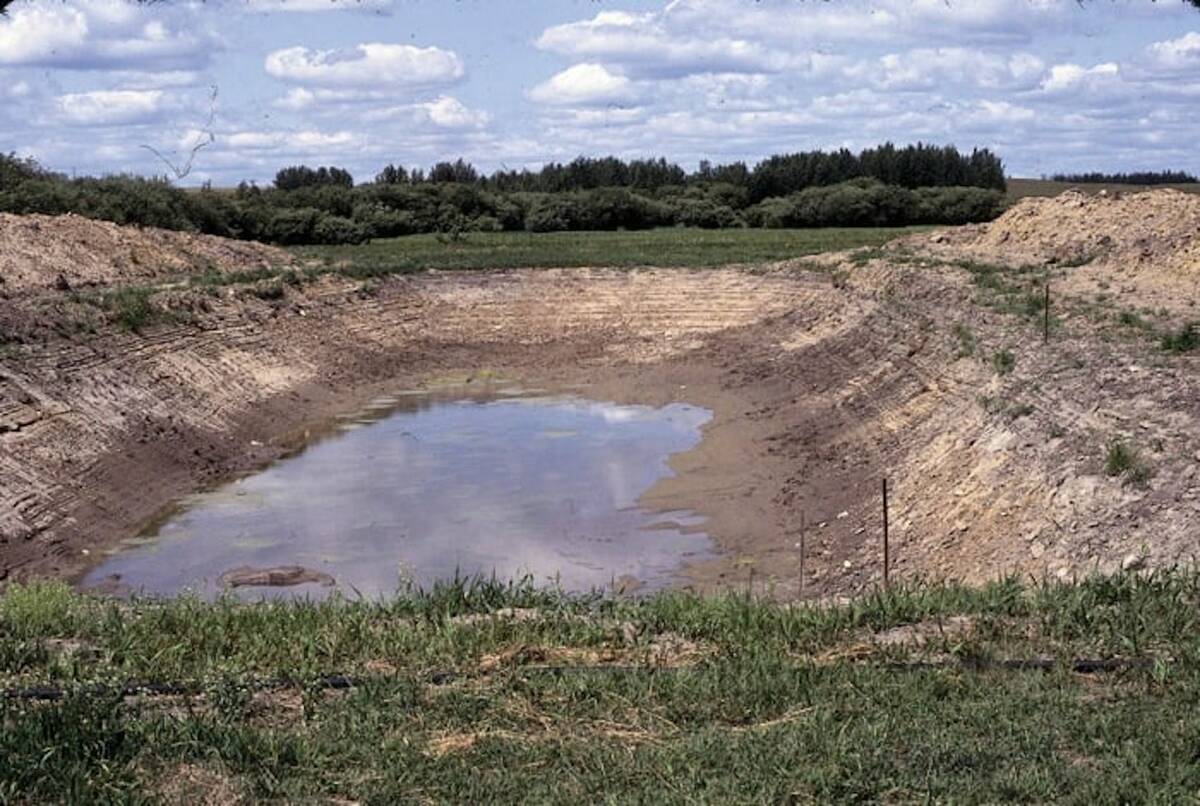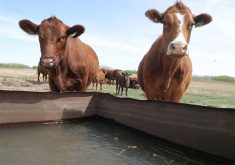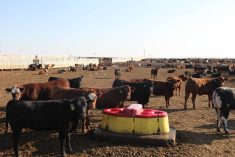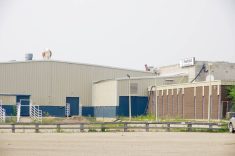Fusarium testing is available to Alberta grain farmers this spring.
That’s good news for barley producers like Ken Sackett who have worried infected grain could be imported to the province via feed trucks destined for feedlots.
“Fusarium is to grain what foot-and-mouth disease is to cattle,” said the chair of the Alberta Barley Commission.
“It can ruin a farmer. We want to keep it out.”
The commission has been involved in an awareness campaign to keep the fungus out of the province, which is considered largely free of it. Besides warning about imported feed, it has asked growers to make sure they buy clean, certified seed.
Read Also

Dry summer conditions can lead to poor water quality for livestock
Drought conditions in the Prairies has led to an decrease in water quality, and producers are being advised to closely monitor water quality for their animals.
The province has committed $100,000 to the program to offset testing costs to farmers. The farmer’s share of testing costs is $20 per sample. The province is picking up the other $25.
There are three labs handling samples: Agricore at Camrose; BioVision Seed Research at Edmonton and 20/20 Seed Labs Ltd. at Nisku.
Samples must be one kilogram each and will be handled on a first-come, first-served basis.
Labs will use the Canadian Grain Commission testing methods and will accept grain until June 30, or until a maximum of 3,800 samples have been seen.
Steve Pain, grain buyer for Western Feedlots at High River, said a lot of Manitoba grain is regularly sold in the Lethbridge barley buying area.
Large feedlots like Western do not accept grain showing any signs of fusarium infection. Western conducts random tests on its grain and has found some extremely small traces. It rejects infected loads based on sample tests.
“We’re on guard against this. We have a vested interest to keep it out,” said Pain.
“Right now there are a lot of questions whether it can be spread through ruminants.”

















